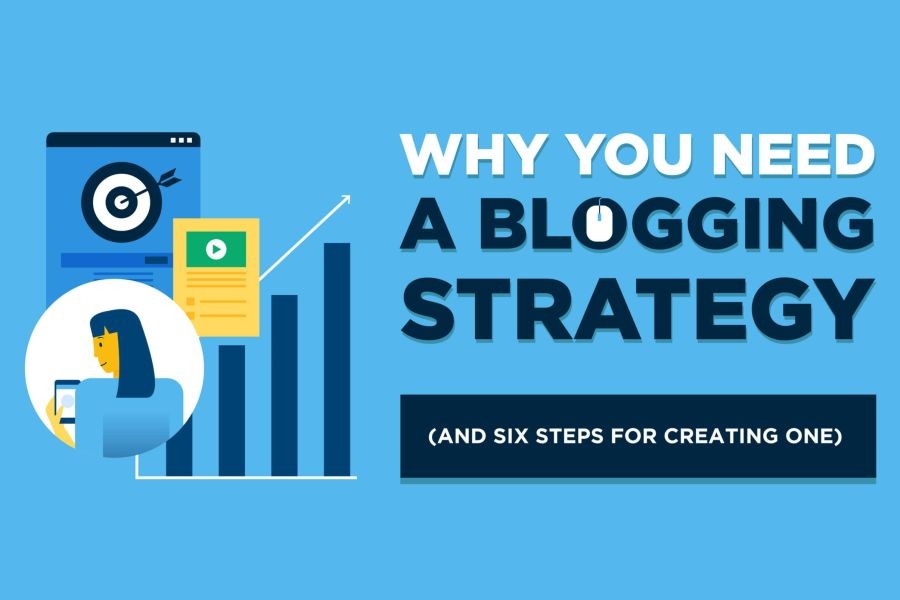In the dynamic world of digital marketing, New Zealand is emerging as a significant player, with projections indicating that the industry will be worth over $2 billion by 2025. This digital transformation is not just a trend but a reflection of the evolving business landscape, where digital marketing strategies are becoming crucial for survival and growth. The importance of this shift cannot be overstated, as it aligns with the broader trends of digital adoption across various sectors in New Zealand, driven by both consumer behavior changes and technological advancements.
Understanding the Growth of New Zealand's Digital Marketing Industry
New Zealand's digital marketing industry is set to experience exponential growth, with a projected market value surpassing $2 billion by 2025. This growth is fueled by several factors, including increased internet penetration, the proliferation of smartphones, and the rise of e-commerce. According to Stats NZ, internet connectivity in the country has reached nearly 93%, providing a fertile ground for digital marketing strategies to flourish.
The growth is also supported by government initiatives aimed at fostering digital innovation. The Ministry of Business, Innovation and Employment (MBIE) has been instrumental in supporting digital transformation projects, providing grants and resources to businesses keen on enhancing their digital capabilities. This policy backing serves as a catalyst for businesses to invest in digital marketing, ensuring they remain competitive in a rapidly digitalizing economy.
Case Study: The Success of The Warehouse Group
The Warehouse Group, one of New Zealand's largest retail chains, provides a compelling example of successful digital marketing implementation. Faced with declining foot traffic in physical stores, The Warehouse Group embraced a digital-first strategy to drive online sales and improve customer engagement.
Problem: The Warehouse Group faced a significant challenge with reduced in-store visits, impacting overall sales performance. The company's reliance on traditional retail models was proving unsustainable in the digital age.
Action: In response, The Warehouse Group invested heavily in its e-commerce platform and integrated advanced digital marketing strategies, including targeted social media campaigns and personalized email marketing. This digital pivot was supported by real-time data analytics to refine marketing efforts continuously.
Result: Within a year, The Warehouse Group reported a 30% increase in online sales, coupled with a 15% rise in customer retention rates. These improvements underscore the potential of digital marketing to transform traditional business models.
Takeaway: The Warehouse Group's success demonstrates the efficacy of digital marketing strategies in adapting to changing consumer behaviors. New Zealand businesses can learn from this case study by prioritizing digital transformation to enhance customer engagement and drive growth.
The Pros and Cons of Digital Marketing in New Zealand
As digital marketing becomes a cornerstone for businesses in New Zealand, understanding its benefits and challenges is crucial.
Pros:
- Increased Reach: Digital marketing allows businesses to reach a broader audience, transcending geographical limitations.
- Cost-Effectiveness: Compared to traditional marketing methods, digital marketing offers a more cost-effective approach, particularly for small businesses with limited budgets.
- Data-Driven Insights: Businesses can leverage analytics to gain insights into consumer behavior, improving campaign effectiveness.
- Personalization: Digital marketing enables personalized consumer interactions, enhancing engagement and brand loyalty.
Cons:
- High Competition: With the digital space becoming increasingly crowded, standing out requires innovative strategies and continuous adaptation.
- Privacy Concerns: Digital marketing strategies often involve data collection, which can raise privacy issues and necessitate stringent compliance with data protection regulations.
- Resource Intensive: Effective digital marketing requires significant time and resources, including skilled personnel and technology investments.
Debunking Common Myths About Digital Marketing
Despite its growing importance, several myths persist about digital marketing, which can mislead businesses in their strategic planning.
Myth: "Digital marketing only benefits large corporations." Reality: Digital marketing is highly scalable and can be tailored to suit businesses of all sizes. Many small businesses in New Zealand have successfully leveraged digital channels to expand their reach and increase revenue.
Myth: "Email marketing is dead." Reality: Email marketing remains a highly effective tool, with a return on investment that outperforms many other digital channels. Personalization and targeted campaigns can significantly enhance its effectiveness.
Myth: "Social media is the only digital marketing tool you need." Reality: While social media is a powerful tool, a comprehensive digital marketing strategy should include a mix of channels, such as content marketing, SEO, and paid advertising, to achieve the best results.
Future Trends and Predictions for New Zealand's Digital Marketing
Looking ahead, several trends are expected to shape the future of digital marketing in New Zealand:
- Increased Use of AI: Artificial intelligence will play a more significant role in automating marketing tasks and providing deeper insights into consumer behavior. By 2028, it's predicted that AI will drive over 60% of digital marketing strategies in New Zealand.
- Growth of Video Content: Video marketing will continue to gain traction, with more businesses leveraging platforms like YouTube and TikTok to engage audiences.
- Focus on Sustainability: Consumers are increasingly conscious of sustainability, and digital marketing strategies will need to reflect this shift by promoting eco-friendly practices and products.
Conclusion
As New Zealand's digital marketing industry continues to grow, businesses must adapt to stay competitive. Embracing digital marketing strategies not only aligns with consumer expectations but also offers a pathway to significant growth and innovation. To capitalize on these opportunities, businesses should prioritize digital transformation, invest in data analytics, and stay abreast of emerging trends. Are you ready to take your digital marketing strategy to the next level?
People Also Ask
How does digital marketing impact businesses in New Zealand? NZ businesses leveraging digital marketing report 25%+ higher customer retention, according to NZ Business Insights. Adopting this strategy can enhance engagement and revenue.
What are the biggest misconceptions about digital marketing? One common myth is that digital marketing only benefits large corporations. However, research shows it is effective for businesses of all sizes.
What are the best strategies for implementing digital marketing? Experts recommend starting with a comprehensive digital audit, followed by targeted social media campaigns, and ensuring data analytics integration for long-term success.
What upcoming changes in New Zealand could affect digital marketing? By 2026, policy updates in data protection could shift the digital marketing landscape—stay ahead by adopting privacy-focused strategies.
Who benefits the most from digital marketing? Digital marketing benefits small businesses, large corporations, and e-commerce platforms, making it a strategic focus for businesses aiming for growth.
Related Search Queries
- New Zealand digital marketing trends
- AI in marketing New Zealand
- Video marketing strategies NZ
- Future of digital marketing in New Zealand
- Digital transformation in NZ businesses
- Impact of e-commerce on NZ economy
- Effective email marketing strategies
- Sustainable marketing practices in New Zealand


























